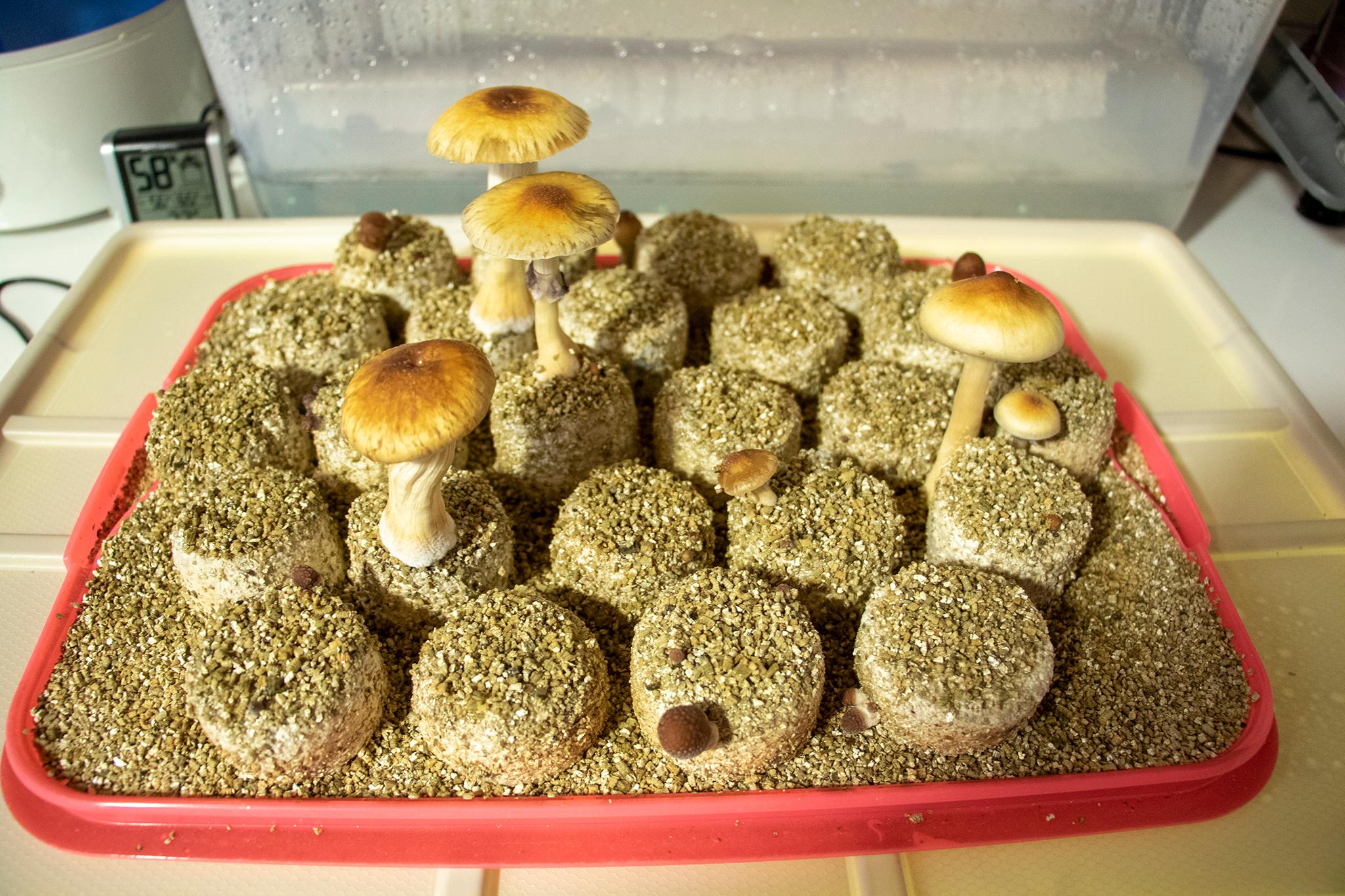There were two proposed ballot measures on psychedelics, but only one made the ballot. The one that didn't pass Go would have decriminalized psilocybin, psilocyn, ibogaine, mescaline and DMT.
How it would work
Proposition 122, which will be on the ballot, (1) decriminalizes the use, cultivation, possession and gifting of magic mushrooms, dimethyltryptamine, ibogaine, and mescaline, (2) allows for licensed facilities where psychedelics can be used under supervision and (3) lets local governments set operating rules for those facilities and their own penalties for use and possession by people under 21 years old. It would also not allow local governments to all-out ban these facilities in their jurisdictions.
Here's who's for it and against it
Proponents argue psychedelic substances are important tools to help people deal with PTSD and severe depression, and say the FDA has found psilocybin mushrooms can be better at treating depression than existing therapies. They also say arresting people for using psychedelics means taxpayers will spend more than they should on the state's criminal justice system.
Opponents say this measure "forces" governments to allow use of drugs that have been illegal for decades, under "the guise of health care." They say psilocybin mushrooms haven't been proven to be safe, and that no federal agency has earmarked DMT, ibogaine, or mescaline as "breakthrough" therapies.
For full descriptions and arguments for and against these measures, check out your blue book.













